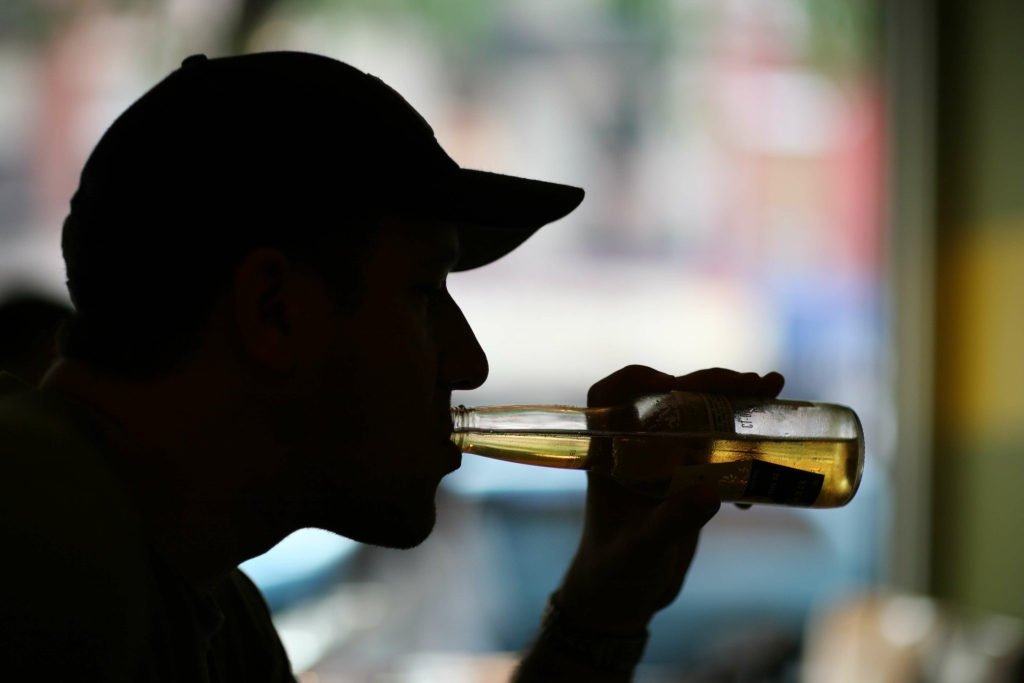If a certain drink (or several) doesn’t agree with you, then steer clear. For heavy drinkers, quitting cold turkey isn’t the safest option. If you or someone you know wants to stop drinking, it’s best to do so under medical supervision. Inpatient treatment, which requires staying overnight at a facility, might be safest for those at risk of severe alcohol withdrawal symptoms. Your abiltiy to cope with stress without alcohol may have become weaker.
- Allergic reactions that involve hives, wheezing, and chest pain can occur almost immediately.
- It’s possible to develop an alcohol allergy at any point in your life.
If people experience symptoms after drinking alcohol, they should speak with a doctor for further advice. Histamine is a 12 Group Activities For Addiction Recovery chemical that occurs naturally in your body. It’s also found in many foods and beverages, especially fermented products.
As Biden vows retaliation after US troop deaths, Republicans push for bigger response
Allergy testing of the skin and blood should be able to determine your allergies, or at least rule some out. You can discuss the study with your doctor, to ensure that all drug risks and benefits are fully discussed and understood. To get to the bottom of what’s causing you to sneeze, keep track of when and what you eat to see if you can find any patterns.

Red wine tends to have higher levels of histamine than white wine or beer. Aldehyde dehydrogenase (ALDH2) is an enzyme that your body uses to digest alcohol. It turns alcohol into acetic acid, a main component of vinegar, in your liver. Some people have a variant in the gene that codes for ALDH2. This variant is more common in people of Asian descent.
Alcohol Withdrawal and Anxiety
When byproducts of alcohol don’t get broken down quickly enough, they accumulate to levels high enough to cause a mild allergic reaction. An alcohol allergy is rare but could potentially be fatal. However, a person is usually allergic or intolerant to certain ingredients in the drink, rather than the alcohol itself. Symptoms of alcohol intolerance can make a person feel uncomfortable. In contrast, an alcohol allergy could become life threatening.
- If your sneezing becomes a problem, try keeping a food diary and noting which foods make you sneeze.
- There are genetic tests that can tell you if you have an ALDH deficiency.
- Other drugs that have the same active ingredients (e.g. generic drugs) are not considered.
- The best treatment of allergies is to avoid the substance that triggers a reaction wherever possible.
- These blood vessels fill the tissue that lines the inside of the nose.
- Recently, MNT published a Knowledge Center article detailing the 10 most common health risks of chronic heavy drinking.
Consider visiting a doctor when your health is not in good shape. Make sure you are thoroughly prepared while going to cold places. Pack your winter wear and keep yourself warm, as you could get infected by a virus.
Alcohol is not anxiety treatment
People with alcohol intolerance react quickly to consuming alcohol. Two common symptoms are facial flushing, in which the skin on the face quickly turns red, and nasal congestion. Problems in the immune system cause an alcohol allergy to develop, while genetic problems in the https://en.forexdata.info/50-substance-abuse-group-therapy-activities-for/ digestive system tend to cause alcohol intolerance. These problems make it difficult for the body to break down alcohol properly. If you’re looking for a way to prevent sneezing when you drink, try making your cocktails with fresh fruit juices instead of using pre-made mixes.

Other studies have found that egg whites and gelatin are often used in the filtration processing of wine. If a person suspects they have an allergy, it’s important they be evaluated by a specialist. “You can get wheezing and asthma symptoms or hives,” said Bassett.
These studies suggested that alcohol itself caused the asthmatic symptoms triggered by alcoholic beverages. These substances can make your blood vessels dilate, which causes symptoms of alcohol intolerance. A 2014 study showed that people who have a history of hay fever (allergic rhinitis) or asthma are more likely to develop symptoms of alcohol intolerance when they’re exposed to these substances. People with aspirin-exacerbated respiratory disease (AERD) are also more likely to have alcohol intolerance. An allergic reaction to food usually happens within a couple of hours. A food allergy is your immune system’s response to a food protein that the body sees as harmful.

Although the main ingredient in beer is water, there are many other ingredients. This generally includes malt barley and brewer’s yeast, along with hops or assorted flavorings. With medical big data and proven AI algorithms, eHealthMe provides a platform for everyone to run phase IV clinical trials. Results of our real-world drug study have been referenced on 700+ medical publications, including The Lancet, Mayo Clinic Proceedings, and Nature.
If you’ve ever experienced anaphylaxis after drinking beer, it’s important that you determine which ingredient caused it so you can avoid it all together. Ask your doctor if you should carry a prescription epinephrine pen. In severe cases, you may have to give up beer entirely. First, some people have lower levels of the enzymes the body needs to break alcohol (ethanol) into metabolites that it can process and excrete.
